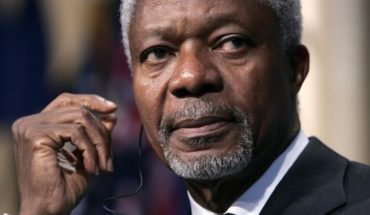The “Brexit” seems to have the way clear. Prime Minister Boris Johnson was on his way on Thursday (12.12.2019), according to the first estimates, to get the majority needed to deliver his promise to pull the UK out of the EU by the end of January.
In power since July but in a minority in Parliament, Johnson had run the risk of convening early elections in December, a dark, cold month unable to lure the British to the polls. It was a risky bet, but everything points to the good it.
According to a large ballot box published by major British media immediately after the closure of polling stations, the Conservative Party would get 368 deputies, 51 more than in 2017, in a chamber with 650 seats.
For its part, the main opposition force, The Labour Party of Jeremy Corby, would suffer a huge defeat with 191 deputies.
These polls are usually quite accurate, but you’ll have to wait until well into the morning to have official results large enough to confirm them.
Johnson thanks voters
British Prime Minister and Conservative Leader Boris Johnson said he lives in “the best democracy in the world” by expressing his appreciation to those who voted for him in the general election.
“Thank you to everyone in our great country who voted, the volunteers, those who ran as candidates. We live in the best democracy in the world,” tweeted the “premier” after an urn-foot survey granted him an absolute majority with 368 seats.
The survey, conducted by the firm Ipsos-MORI, was carried out in 144 British constituencies and reported by the main broadcasters at the close of the polling stations -22.00 GMT-.
To win an absolute majority, Johnson needs 326 seats, half half the number of seats that make up Westminster Parliament’s House of Commons (low).
“Brexit” for January 31
Experts agreed that, no matter how much the final result diverges, the poll cannot go too far. “This means that ‘Brexit’ will take place on 31 January,” said Tony Travers, a public policy expert at the London School of Economics.
Decided by referendum with 52% of the vote in 2016, the British exit from the European Union should have taken place in March 2019.
But the repeated rejection of a fragmented parliament to successive versions of the divorce settlement negotiated with Brussels forced it to be postponed three times, the latter though Johnson said he preferred to be “dead in a ditch.”
For more than three years, the issue has monopolized British politics and divided society. Now, if his triumph is confirmed, Johnson will be able to present his Brexit agreement to the new Parliament next week, in the form of a bill that translates it into British law.
translated from Spanish: Poll: British Conservatives with overwhelming majority in elections
December 12, 2019 |





